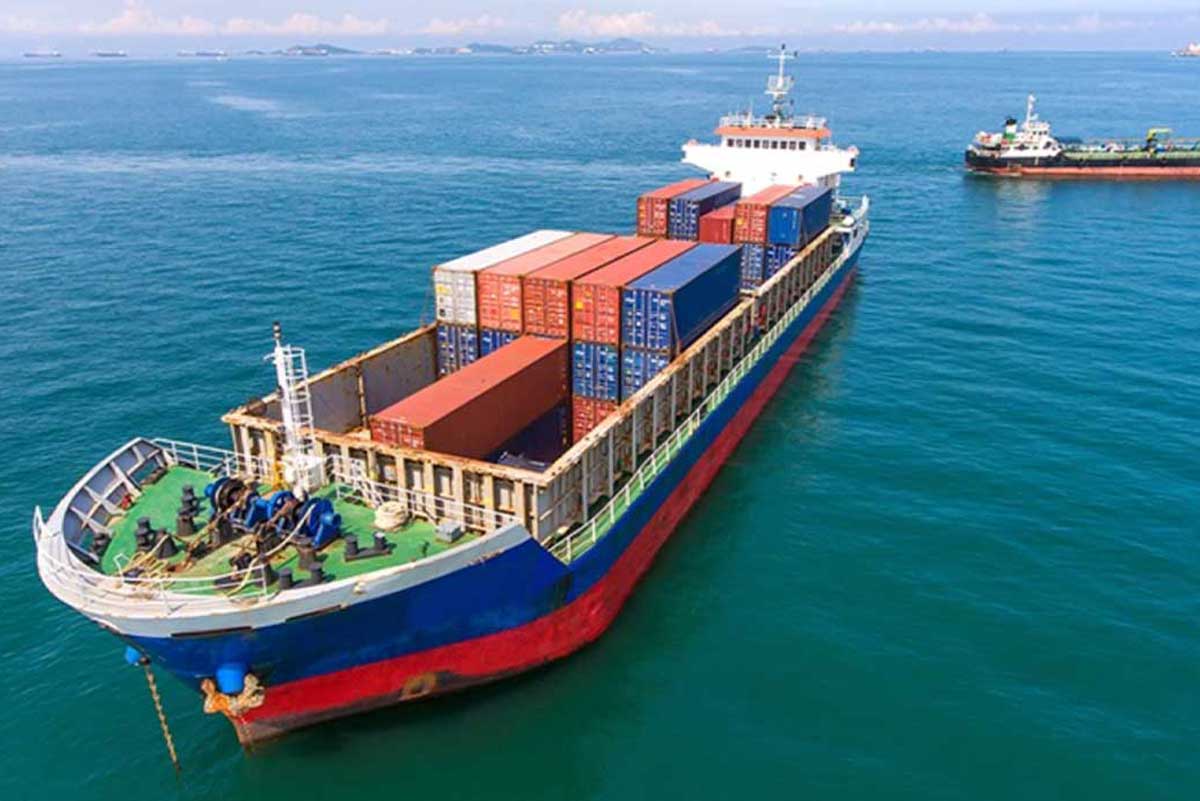By Adam Humphrey (ahumphrey@globalrisksolutions.com)
As global leaders continue to debate the drive to a net zero global economy, Adam Humphrey CEO of GRS International warns the industry’s efforts to support marine and energy companies’ transition to a sustainable future needs to come with an understanding of financial and risk challenges it will create.
The world’s marine and energy firms are being asked to tread a difficult path, with the insurance industry expected to make the journey alongside them.
COP26 has thrown down a huge number of challenges for the market and its clients. Quite apart from London being charged with becoming the world’s first net zero financial centre, the move to renewable energy has gathered pace, from the end to the use of coal to a range of agreements to drastically reduce the use of fossil fuels in the decades to come.
While the target remains to move to a net zero global economy by 2050 there is a recognition that the world’s nations will move at different speeds. Some of the world’s biggest energy consumers have said they have begun the move to net zero but will not hit the target by 2050; India announced this month that it will be 2070 before it becomes carbon neutral.
Therefore, the need for oil and gas will continue for decades to come and new projects and new reserves are being explored or are set to begin. This comes at a time when there is pressure on insurers to work with their marine and energy clients to speed the transition away from fossil fuels and achieve net zero supply chains with the maritime sector at the heart of the debate.
The world’s shipping sector is looking to new ways of powering their vessels, amid the likelihood that more areas of the world will impose low sulphur fuel directives in line with the European Union.
The growing fragility of the global supply chain and the demand for a reduction in transit times is impacting shipping. Political risk is also rising as nation states looks to greater protectionism, which in turn is impacting the maritime industry and its operational risk. There is a move to more domestic and regional supply chains with the result that shipping organisations are examining whether there is a need for changes to transit routes to adapt to the shifting demands and also to support the transition to net zero.
The temptation of a new breed of ultra large container vessels remains significant, with the ability to move large numbers of TEUs on a single vessel.
The consequence of the re-examination of the world’s shipping routes, and ever larger vessels is a round of significant investment in new port facilities and the adaptation of current port infrastructure to accommodate the ULCCs and with it enable them to trade directly rather than unload at one of the few ports capable of handling these vessels and then continuing the journey to their end destinations via smaller vessels.
In the past these facilities would have been a far simpler project to deliver. However, the focus on the net zero journey leave port operators, and their insurers being asked as to how these facilities can be delivered with little or no impact on the environment both during construction and operation.
Already we are seeing the repurposing of offshore structures for carbon capture. Last week at COP26 ExxonMobil and Indonesian state energy company Pertamina announced they are to undertake a project to evaluate the potential for large-scale deployment of low-carbon technologies in Indonesia. Under the agreement the companies will need to assess the potential for technologies such as carbon capture, utilisation and storage, and low-carbon hydrogen.
They are just the latest of the energy companies that are looking at ways to repurpose their facilities, and this will bring with it the need for new types of insurance cover from the marine and energy. However, there are more immediate concerns for insurers as the drive to net zero continues.
There is growing pressure on insured parties to repair on an alternative basis. In order to meet decarbonisation targets, repairs or replacements following an event will come with the added requirement to evidence how environmental issues have been assessed.
It is increasingly likely that any repair work will need to be carried not on a like for like replacement approach but rather be viewed as an opportunity to introduce greener alternatives to the systems and operations that have been subject to the claim.
It only adds to the complexity of what is already a specialised and technically challenging sector for claims, and the response of the industry will be expected to reflect their wider net zero ambitions. With the rising costs of steel driving claims inflation marine insurers should be factoring the potential increased costs of the environmental factors that will form part of future claims.
Image and article via Insurance Day: https://bit.ly/3GNonK6
Adam Humphrey
Adam Humphrey, who joined GRS in 2021, has more than two decades of experience managing technical and complex insurance claims, worldwide.
Before that, he has held senior leadership roles in technical adjusting firms, most recently as a board director and global head of energy, property and construction (EAR and DSU) losses at Advanta Global Services. Before that, he held loss adjusting roles at Integra Technical Services; Cunningham Lindsey International, where he was a divisional director responsible for energy claims; and Charles Taylor Adjusting.
Adam is a Chartered Loss Adjuster, Fellow of both the Chartered Insurance Institute (CII) and the Chartered Institute of Loss Adjusters (CILA).
He sits on the CILA’s Council and is chairman of their Construction, Energy and Engineering Special Interest Group. His academic qualifications include undergraduate and Master’s degrees in Law and Business; and, professional qualifications in insurance and dispute resolution.
Adam Humphrey
CEO, CCS Group, GRS Int.
Adam Humphrey, who joined GRS in 2021, has more than...




